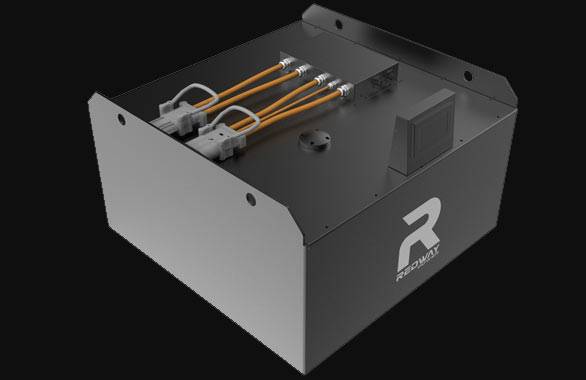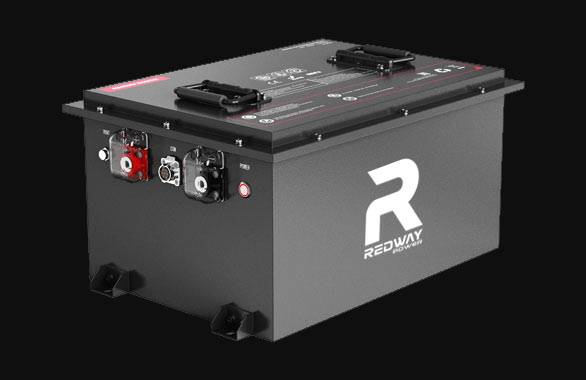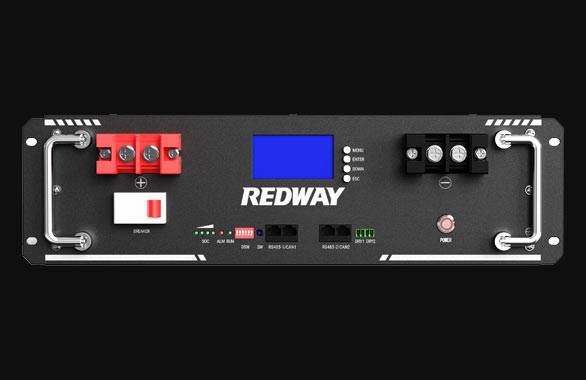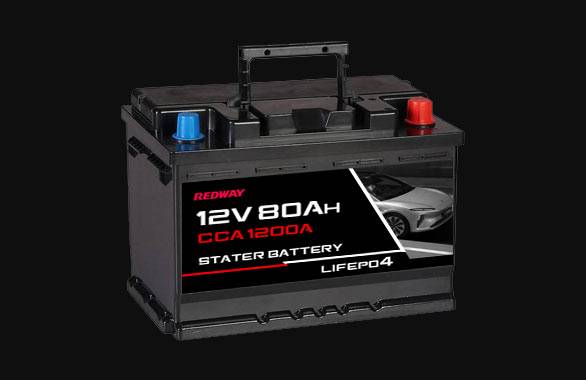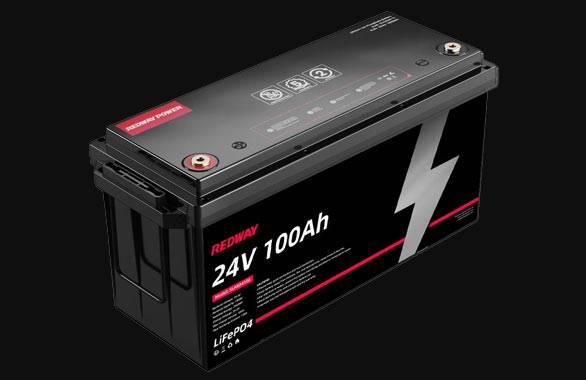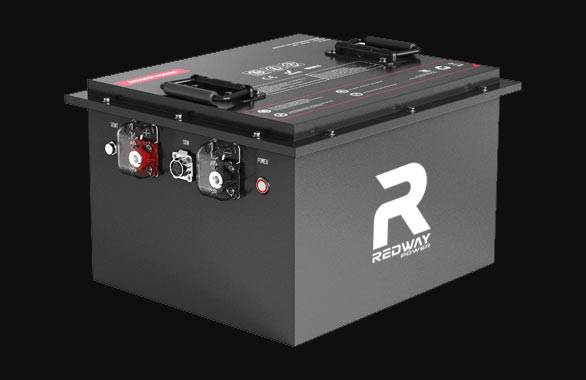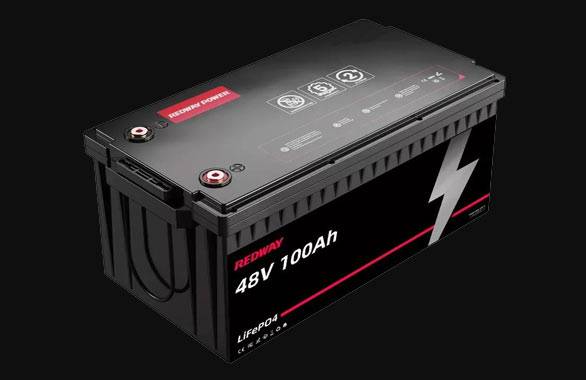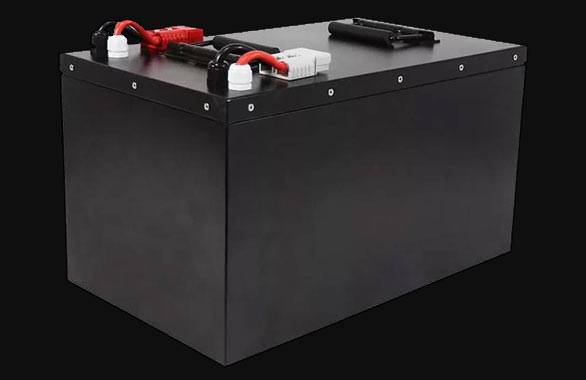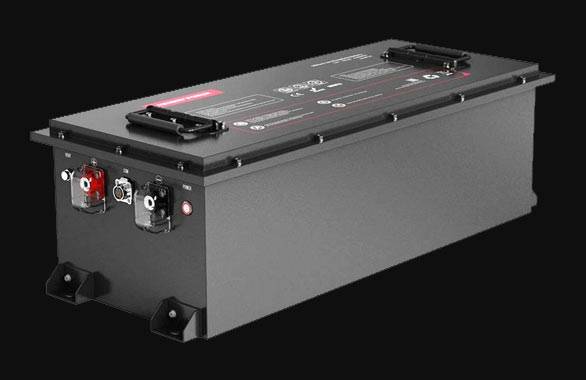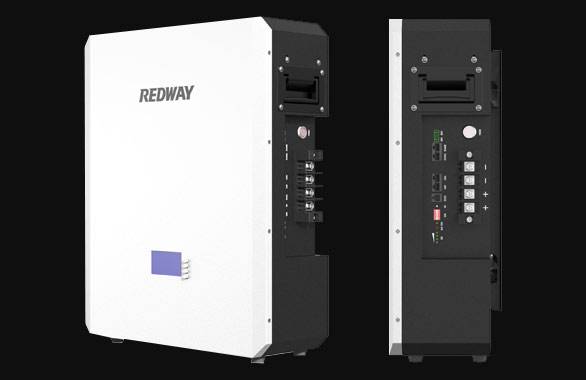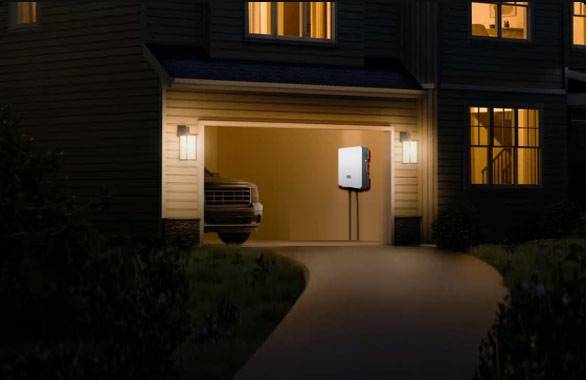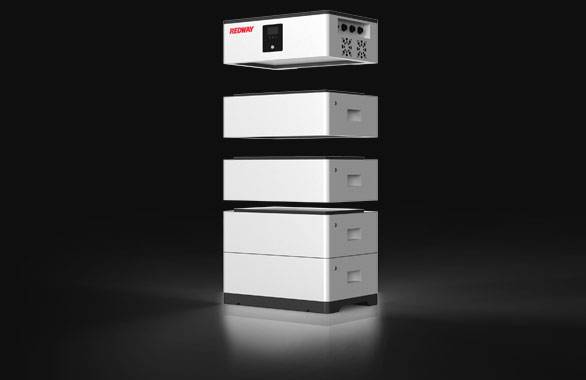- Forklift Lithium Battery
- Golf Cart Lithium Battery
- Rack-mounted Lithium Battery
51.2V 100Ah Rackmount LiFePO4 Battery
8000 times (80% DOD 0.5C)
Optional SNMP for TELECOM - Car Starter Battery
- 12V LiFePO4 Battery
12V 150Ah Lithium RV Battery
Bluetooth App | Self-heating
LiFePO4 | Group 31
UL 1642 | IEC 62619 - 24V LiFePO4 Battery
- 36V LiFePO4 Battery
- 48V LiFePO4 Battery
- 60V LiFePO4 Battery
60V 100Ah Lithium Battery (AGV, AMR, LGV)
Peak Discharge Current 400A
500 x 298 x 349 mm - 72V~96V LiFePO4 Battery
72V 100Ah Lithium Golf Cart Battery
Peak Discharge Current 315A (10S)
740 × 320 × 246 mm - Wall-mounted Lithium Battery
51.2V 100Ah 5kWh
Wall-mounted Battery532 x 425 x 170 mm / LiFePO4
>8000 Cycles (80% DOD 0.5C)
RS485 / CAN-bus
for Solar Home ESS - Home-ESS All-in-One
51.2V 32kWh
All-in-On HESS SystemPowerAll
51.2V / LiFePO4
>8000 Cycles (80% DOD 0.5C)
RS485 / CAN-bus / WiFi
All-in-One for Home ESS
How Lithium Batteries Are Transforming Off-Grid Living
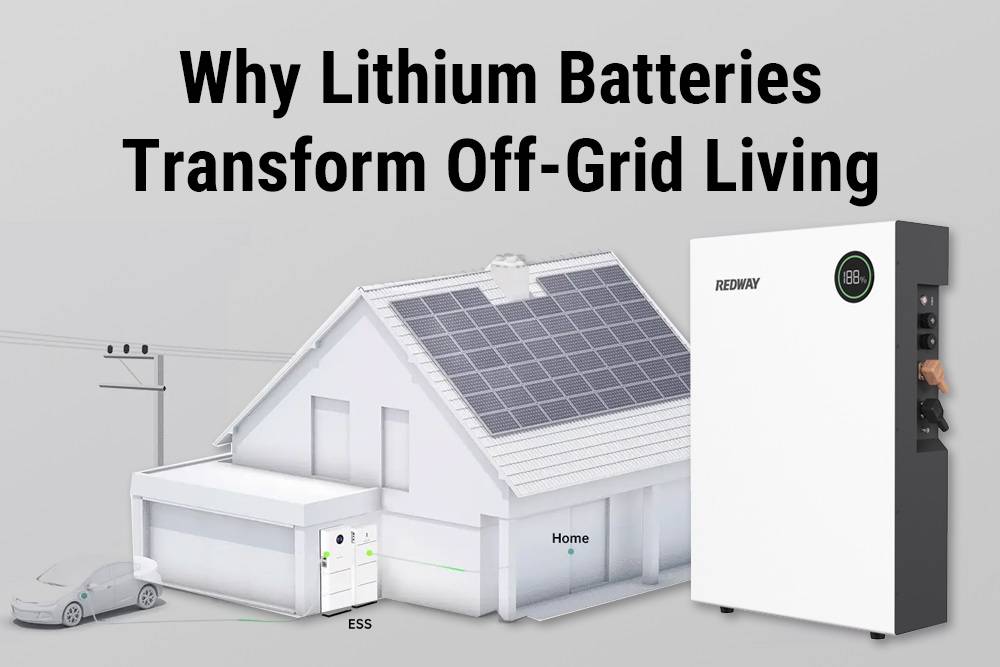
Lithium batteries are revolutionizing off-grid living by providing efficient, reliable, and long-lasting energy storage solutions. Their high energy density, low maintenance, and ability to withstand deep discharges make them ideal for solar power systems. This article explores how lithium batteries enhance off-grid experiences and their advantages over traditional battery technologies.
What Are the Key Advantages of Lithium Batteries for Off-Grid Living?
Lithium batteries offer several significant advantages that make them the preferred choice for off-grid applications. These benefits include higher energy density, longer lifespan, and minimal maintenance requirements.
Key Benefits of Lithium Batteries
- High Energy Density: Lithium batteries can store more energy in a smaller space compared to lead-acid batteries.
- Long Lifespan: They typically last 10-15 years, significantly outlasting traditional battery types.
- Low Maintenance: Lithium batteries require little to no maintenance, unlike lead-acid batteries which need regular checks and water refills.
Chart: Comparison of Battery Types for Off-Grid Living
| Feature | Lithium Batteries | Lead-Acid Batteries |
|---|---|---|
| Energy Density | High | Moderate |
| Lifespan | 10-15 years | 3-7 years |
| Maintenance | Minimal | High |
| Depth of Discharge | Up to 80-100% | 50% recommended |
How Do Lithium Batteries Improve Energy Efficiency in Off-Grid Systems?
Lithium batteries enhance energy efficiency in off-grid systems by enabling deeper discharges and faster charging times. This capability allows users to maximize their energy usage without compromising battery health.
Improved Energy Management
- Deeper Discharges: Users can discharge lithium batteries more deeply without damaging them, providing greater usable capacity.
- Faster Charging: Lithium batteries charge more quickly than lead-acid counterparts, reducing downtime during cloudy days or low production periods.
Chart: Charging Times for Different Battery Types
| Battery Type | Charging Time (to 100%) |
|---|---|
| Lithium | 1-3 hours |
| Lead-Acid | 6-12 hours |
Why Are Lithium Iron Phosphate (LiFePO4) Batteries Ideal for Off-Grid Living?
Lithium iron phosphate (LiFePO4) batteries are particularly well-suited for off-grid applications due to their safety, thermal stability, and longevity. They provide a reliable power source for various needs.
Advantages of LiFePO4 Batteries
- Safety: LiFePO4 batteries are less prone to overheating and thermal runaway compared to other lithium chemistries.
- Long Cycle Life: They can endure thousands of charge cycles with minimal degradation.
- Stable Performance: LiFePO4 maintains consistent performance across a wide temperature range.
What Challenges Do Users Face When Transitioning to Lithium Batteries?
While lithium batteries offer numerous benefits, transitioning from traditional battery systems can present challenges. Users may encounter issues related to cost, compatibility, and system design.
Common Challenges
- Initial Cost: Lithium batteries typically have a higher upfront cost than lead-acid options.
- System Compatibility: Existing systems may require modifications or upgrades to accommodate lithium technology.
- Battery Management Systems (BMS): Proper integration of BMS is crucial for monitoring and maintaining battery health.
How Do Emerging Technologies Enhance Lithium Battery Performance?
The field of battery technology is rapidly evolving, with new innovations enhancing the performance and sustainability of lithium batteries. These advancements promise even greater efficiency for off-grid applications.
Innovations in Lithium Battery Technology
- Solid-State Batteries: These offer higher energy densities and improved safety profiles by using solid electrolytes instead of liquid ones.
- Recycling Improvements: Enhanced recycling processes are being developed to recover valuable materials from spent lithium batteries, reducing environmental impact.
Industrial News
The demand for lithium batteries in off-grid applications continues to grow as more consumers seek sustainable living solutions. Recent reports indicate that manufacturers are investing heavily in research and development to improve battery technologies further. Companies are also focusing on creating more efficient recycling methods to minimize waste and environmental impact as the market expands.
Redway Power Expert Views
“Lithium batteries are not just a trend; they represent a fundamental shift in how we think about energy storage,” states an expert from Redway Power. “Their efficiency and reliability make them indispensable for anyone serious about off-grid living.”
FAQ Section
What makes lithium batteries better than lead-acid for off-grid living?
Lithium batteries offer higher energy density, longer lifespan, lower maintenance needs, and deeper discharge capabilities compared to lead-acid batteries.How long do lithium batteries last?
Lithium batteries typically last between 10 to 15 years with proper care and management.Are there any downsides to using lithium batteries?
The primary downsides include higher initial costs and the need for compatible systems that can manage lithium technology effectively.By understanding the transformative role of lithium batteries in off-grid living, individuals can make informed decisions about their energy storage solutions, leading to more sustainable and efficient lifestyles.


